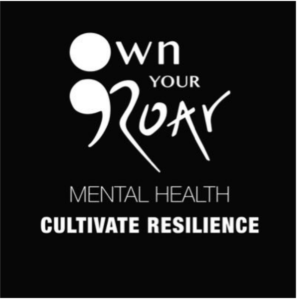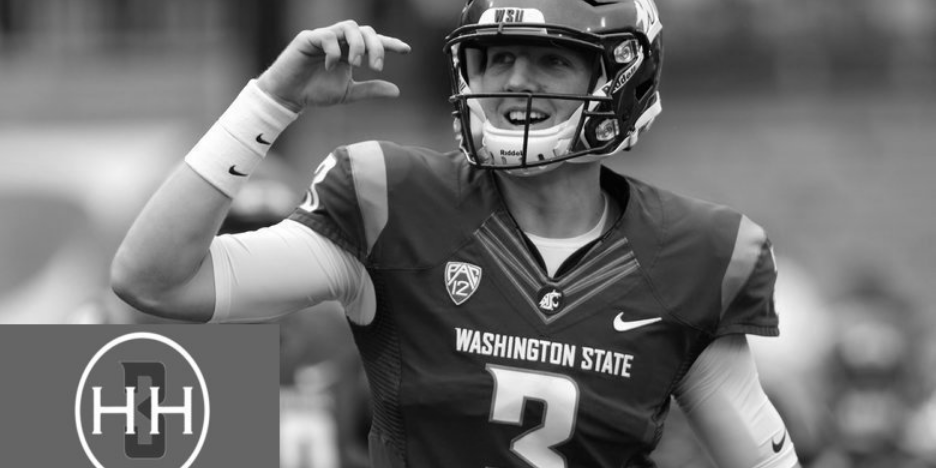The University of Michigan and Ohio State University may be sworn enemies on the football field, but in the mental health arena, they are on the same team. Both universities have developed unique programs to improve the mental health of their student-athletes. Other schools like The University of North Carolina and Oregon State are also taking important steps to normalize the conversation about emotional wellbeing among student-athletes, and to make mental health resources more accessible.
It is hardly surprising that student-athletes are statistically less likely than others with the same symptoms to seek treatment for mental health issues. In the sports world, athletes are encouraged to cultivate mental “toughness,” which is considered one of the core qualities of athletic champions. In theory, training young athletes to push past pain, past limits, will send them into the arms of victory. In reality, while “what doesn’t kill you makes you stronger” has its merits, the mentality has often proven unsafe and even tragic for student-athletes’ mental health.
Oregon State University lost a male soccer player and a female gymnast to suicide within a year of one another. These tragedies prompted a mental health campaign at OSU that in turn sparked a national movement. Current OSU students and teammates of the victims,Taylor Ricci and Nathan Braaten, have inspired the Dam Worth It Campaign, igniting the conversation around athlete mental health. The Institute for Sport & Social Justice recognized the Dam Worth It Campaign with the National STUDENT-Athlete Day Giant Steps Award. The campaign founders hope to spread this initiative beyond OSU, to make a difference in more student-athletes’ lives.
Hilinski’s Hope was founded by the Hilinski family after they lost their son Tyler to suicide in early 2018. Tyler was Washington State’s quarterback, and the organization aims to honor his memory by elevating the conversation on athlete mental health and providing resources to bring mental health care to student-athletes. Hilinski’s Hope has teamed with the NCAA Sport Science Institute to further their cause.
Ohio State has taken a creative approach, using the arts to promote mental wellness in their athletic community. Through a new initiative called “Varsity Arts,” student-athletes create a diverse collection of art that illustrates their passions. The program encourages students to express themselves in new ways, reminding them that their value is not limited to their athletic achievements. There is evidence to back up this approach: research emphasizes the therapeutic benefits of art, such as stress reduction and increased creative thinking, self-esteem, and empathy. 
The University of Michigan has created a similar program, called “Athletes Connected.” The website features a video of Will Heininger, a former Michigan football player, who chose to share his story. “Because I opened up and got help, I became a better football player, a better student, a better friend, and a better person,” Will says in the video. The results from this program have been nothing but positive. Student-athletes at the University of Michigan have shared that through Athletes Connected, they have experienced a greater sense of community, are more open to talking about their feelings, and know how to find help.
Other colleges and universities are prioritizing athlete mental health through student-led initiatives. Student-athlete Olivia Lubarsky created Towson University’s “Own Your Roar” Campaign. In a powerful statement, Lubarsky explains the motivation behind her campaign: “I wanted to utilize my fortunate position as a Towson student-athlete to unite mental health and athletics: making a statement while using sports as the platform to increase awareness and start the conversation about the hidden epidemic that is mental health.” UNC Chapel Hill has paved the way for a more integrated athletic mental wellness culture, via their Mental Health and Performance Psychology Program: one of the first college mental health programs specifically for athletes. The program combines therapy, education, and advocacy—a changemaking combination.
As we know, mental health challenges do not discriminate based on age, race, occupation—or athletic ability. Successful mental health awareness campaigns geared towards student-athletes have shown how important it is for established athletes to share their mental health struggles with the up-and-coming athletes of today. We at Flawless applaud these programs that are challenging athletes to do something surprising: to be vulnerable and ask for help. We hope many student-athletes continue to accept this challenge, in order to achieve their personal best mental health.







